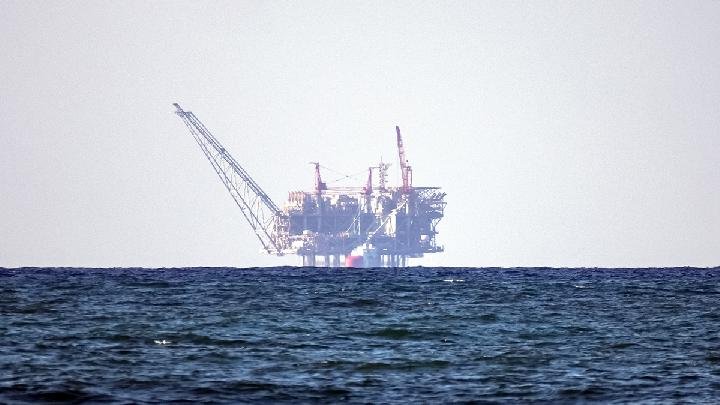Tensions are rising between Israel and Egypt after Israeli Prime Minister Benjamin Netanyahu suspended a major gas export deal. The decision has created uncertainty in the region, as energy and politics now appear deeply connected. The suspended agreement involves $35 billion worth of natural gas from Israel’s Leviathan field. Reports say that without Netanyahu’s direct approval, the deal will not move forward. This decision follows growing criticism from Egypt over Israel’s military actions in Gaza. Cairo has also voiced support at the International Court of Justice, where Israel faces accusations of war crimes.
Just three weeks earlier, Leviathan partners Ratio and NewMed Energy signed a supply agreement with Egypt’s Blue Ocean Energy. Under the plan, Israel was expected to export 30 billion cubic meters of gas until 2040. Analysts suggest this is the first time Israel has openly used natural gas as a tool of political pressure. For Cairo, the move signals that Israel may now connect energy supplies directly to political demands.
Egypt, led by President Abdel Fattah al-Sisi, has long played the role of mediator in the Gaza conflict. However, the situation shifted when Israel issued threats against Egypt. In response, Cairo deployed thousands of troops to the Sinai Peninsula, near the Gaza border. The deployment included armored vehicles and air defense systems, going beyond the limits allowed under the peace treaty with Israel. Officials in Cairo fear that Israel’s military operations in Gaza could push Palestinians to flee into Egyptian territory. To prevent such a scenario, Egypt reinforced its border. This step has clearly angered the Israeli leadership, with Netanyahu viewing it as a direct challenge.
The gas dispute highlights a new phase in regional relations. In 2022, under pressure from the European Union, Egypt signed a tripartite deal with Israel and the EU. That agreement allowed natural gas from the Eastern Mediterranean to reach European markets through Egypt. While the deal boosted Cairo’s regional role, it also increased Egypt’s dependence on Israeli gas. Now, Israel is using that dependence as leverage. By suspending the gas deal, Netanyahu is signaling that future supplies may come with political conditions. Energy experts say this could reshape regional energy strategies, as Egypt risks losing both economic and political ground.
Tensions deepened after Netanyahu presented a controversial vision for what he called “Greater Israel.” This plan reportedly included parts of Syria, Lebanon, Jordan, and even sections of Egypt. In response, Cairo stepped up military deployment in Sinai, stationing about 400 soldiers along with advanced defense systems. For Egypt, the concern is clear. Any Israeli expansion or prolonged military campaign could destabilize the border and put Egyptian security at risk. The suspension of the gas deal now adds another layer of strain to a fragile relationship.
Observers see the latest developments as a turning point in Israeli-Egyptian relations. For years, Egypt has acted as a mediator between Israel and the Palestinians, balancing diplomacy with economic cooperation. But by suspending the $35 billion gas deal, Israel has made energy a bargaining tool in political and security disputes. This escalation shows how natural gas, once viewed as a driver of cooperation, has become another weapon in regional power struggles. Whether this dispute leads to broader instability remains uncertain. What is clear is that trust between Cairo and Tel Aviv is weakening, and the fallout could reshape alliances in the Middle East.







